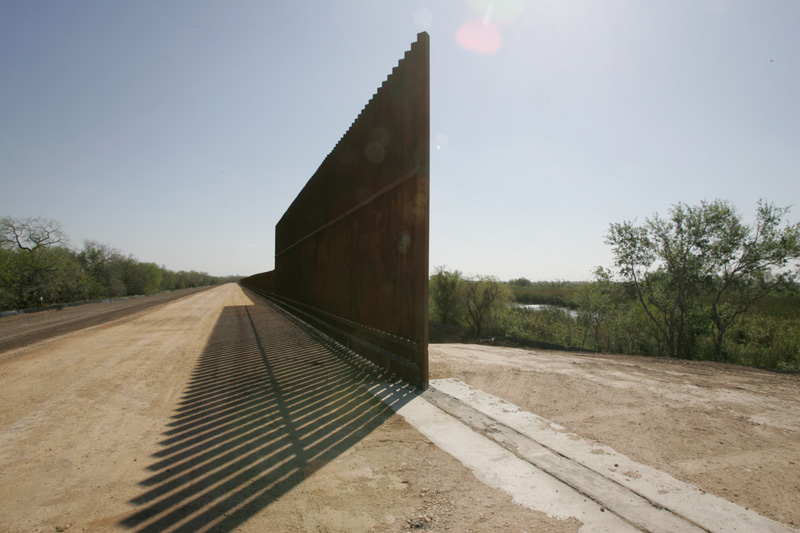
Last month, btw brought you the story of the president’s recent controversial decision to declare a national emergency in order to gain the funding he needs to build a wall along the nation’s southern border. Since then, Democrats in Congress have passed legislation to block this from happening. But will it make a difference? Here, btw takes a look at this Congressional challenge, and how it might ultimately hold up against the president’s authority.
What Did the President Do?
Last month, Congress approved nearly $1.4 billion for Trump’s border wall. But this amount fell well short of the $5.7 billion that he had demanded. With Democrats unwilling to budge further, Trump then circumvented Congress altogether by declaring a national emergency on the southern border, which gives him access to even more money than he asked for–nearly $8 billion total–without the need for congressional approval.

Credit: Steve Hillebrand/USFWS
This action sparked an immediate and widespread debate about the limits of presidential power. Critics argue that Trump’s claims of an influx of drugs and crime on the southern border are overstatedand that no actual national emergency is taking place. Even Trump’s supporters have voiced concern that from now on, any president who can’t get funding for his or her projects will simply declare a national emergency to immediately access whatever funds they need.
What Was the Democrats Response?
Democrats in Congress immediately went to work drafting a resolution that would block Trump’s declaration of a national emergency. Last Tuesday, the resolution passed the House by a vote of 245 to 182, with 13 Republicans joining their Democratic colleagues in voting to oppose the president. The legislation must now go to the Republican-controlled Senate. It is expected that the resolution will be voted on quickly: likely before March 18.
So far, three Senate Republicans have indicated that they will vote with their Democratic colleagues to oppose the president, which leaves Democrats only one vote short of the simple majority they need for the legislation to go through. Many Republicans in the Senate believe that the resolution will pass. But Senate Majority Leader Mitch McConnell (Kentucky) has already pledged that he will vote against it, despite the fact that he still has personal concerns about whether or not the president’s course of action was the appropriate one.
If the resolution passes both houses of Congress, it will then go before the president, who will likely veto it. (If this happens, it would be the first veto of Trump’s presidency.) Then the House will need a supermajority–a two-thirds, veto-proof margin–to override the veto. That’s 289 votes, and because only 245 representatives voted to oppose Trump last Tuesday, it seems unlikely that the House will find the votes necessary to override a veto.
What Happens If the Resolution Fails?
If the resolution to oppose the national emergency doesn’t pass the Senate, or if it is vetoed by Trump, the issue will then go to the federal court system. Sixteen states have already joined together to file a lawsuit to try to block Trump’s emergency declaration. Additionally, Speaker of the House Nancy Pelosi (California) and Senate Minority Leader Chuck Schumer (New York) have both said that they will challenge Trump in court over the issue.
